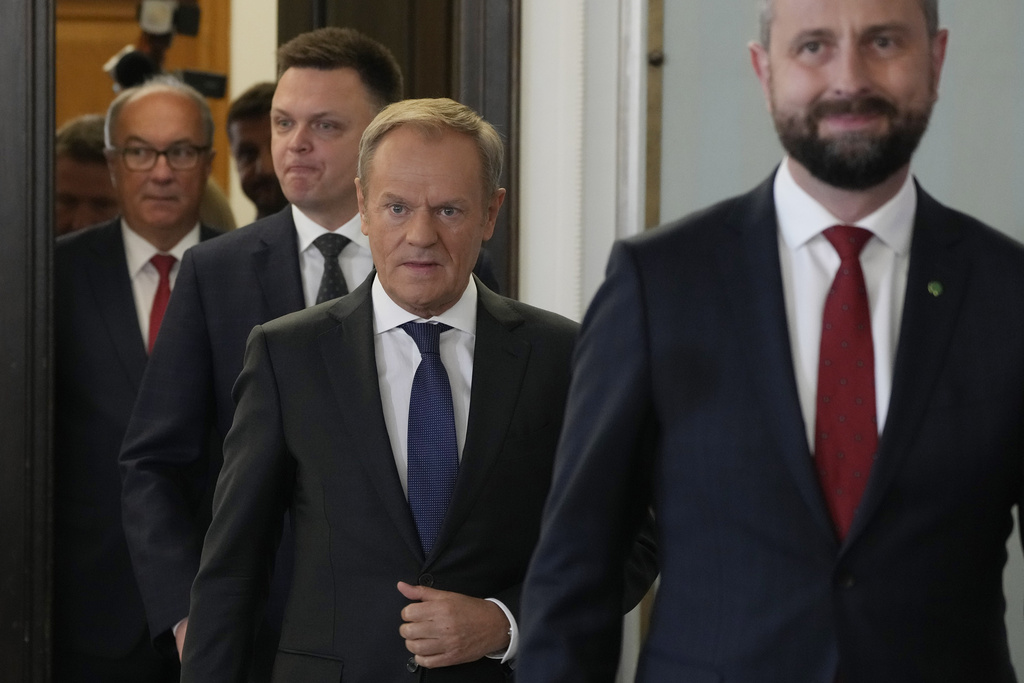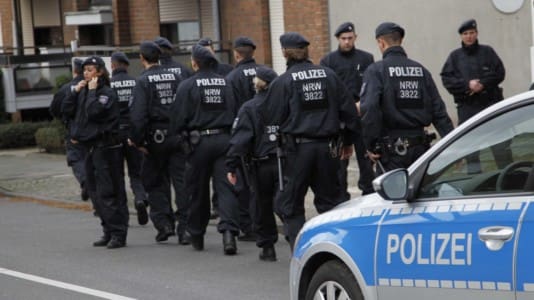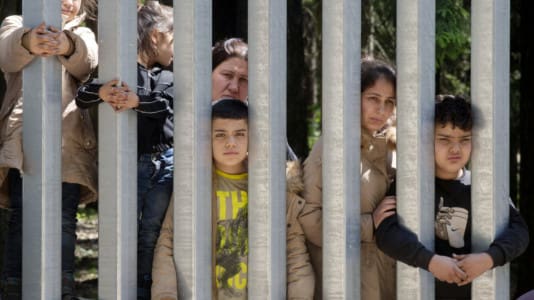Despite the Polish election results not favoring the immediate formation of a ruling conservative coalition, the patriotic bloc has secured the most votes in the parliamentary elections for the third consecutive time, having already won two presidential elections in a row.
Several mistakes, which the ruling Law and Justice (PiS) party may not fully acknowledge, have influenced the slightly disappointing performance in the parliamentary elections. Notably, there was an unnecessary loss of support among service, craft, and trade professionals who run their own businesses, especially due to crippling tax policies.
Nonetheless, PiS has introduced a state development model that is the most modern in recent decades, leading to rapid and stable economic growth, with noticeable poverty reduction and wealth increase among the majority of society. This model is set to be an inspiration for other countries, even those whose governments have criticized it.
However, the electoral outcome would not have been the same without external interference. Millions of people have been confined within media bubbles, creating an artificial information world where reality barely or never penetrated.
Such influence could not have been exerted by any media system without external support. PiS found itself at a tectonic fault line of global geopolitics, coinciding with the most dangerous moment to have elections.
After the outbreak of the war in Ukraine, it seemed that Poland would be the successor of geopolitical changes. Russia discredited itself with a brutal war and military failures, and Poland’s role as a key player behind the frontlines made international headlines and fostered positive PR, which undermined the traditional German policy of dividing influence zones between Germany and Russia.
A year and a half later, however, Ukraine has not won the war and Russia has not lost it. Germany has started to rebuild its Eastern policy and inexpensively bought the role of now being the main player in Ukraine.
This suggests a partial reconciliation between Germany and Russia, at least with the current German. administration, creating a highly dangerous situation for Ukraine’s existence and independence, and ultimately, an unfavorable situation for the U.S. This shift is undoubtedly a victory for Moscow, weakening the West’s resolve to contain that country’s imperialism.
This all represents another shift in global geopolitics that occurred during the electoral campaign in Poland. The pro-Polish independence political camp found itself encircled. This situation is temporary, as the United States cannot tolerate being pushed out of Central Europe.
If allowed to persist, it could lead to a more permanent and damaging scenario, potentially ending with a Russian attack on NATO’s weakened eastern flank, undermined by the concept of a European army. The U.S. policy is expected to change after the presidential elections in America, the implications of which will become clear in the coming year.





